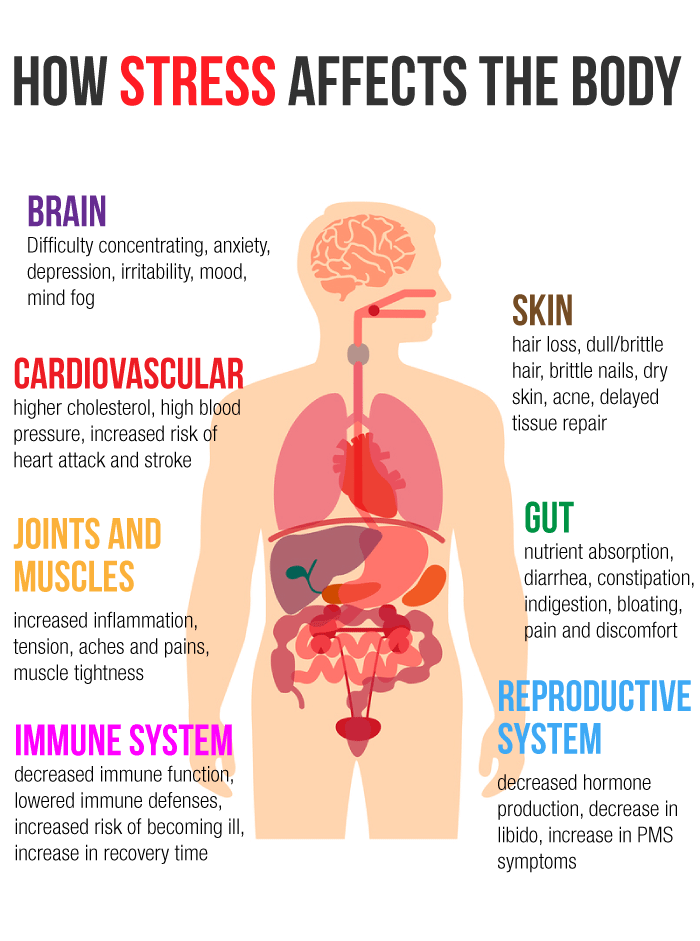We’re all victims of any type of stress. Being stressed makes us susceptible to a plethora of stress-related illnesses. Stress’s staggering effects contribute to heart disease, stroke, high blood pressure, and depression among others.

And we all know that we live in a world full of stress. From pressures during the job, sometimes issues in our home, and even to something seemingly mundane, like social media stress. We are so consumed in what’s happening around us, trying in vain to be in a million places at once.
We all need a break.
Taking time off for ourselves is very important. And while some of us may choose to splurge on a grandiose vacation to destress, sometimes there’s no need to look far and wide for a stress eliminator.
Sometimes you just need to turn your technology off and browse through your bookshelf, or take a trip to the public library in town.
Reading Does Wonders for Beating Stress

Do we still have room in our hearts for reading?
Not like the usual skimming-through-influencers’-posts type of reading. But actual immersive reading — the kind where you absorb and learn new things, and the kind that lets you lose yourself in a fictional world woven between the pages of a loved book.
Studies throughout the years have revealed that reading contributes to your well-being. And yes, it can eliminate stress.
We read every day, but how often do we sit down and read for our own pleasure?
- Reading reduces depression and dementia symptoms.
- Regular readers exhibit lower depression rates.
- Reading for 6 minutes every day can reduce stress by 68%.
#1 It’s meditative
Reading, particularly fictional books, fully engage the mind and exercise the reader’s imagination. Any activity that has meditative qualities and requires the brain’s full focus on a single task has been proven to reduce stress and improve relaxation. It’s more than just a distraction.
Words on the page stimulate creativity and usher you to enter what can be referred to as an altered state of consciousness.
#2 Combats mental decline
Beyond reducing and eliminating anxiety and stress, studies have also linked reading to good brain health in old age. Individuals who’ve regularly read all throughout their life showed increased mental capacity as they age.
By contrast, individuals who read less frequently throughout their lives experience a mental decline rate that’s 48% quicker than those who’ve kept their brains active all their lives.
#3 Increases empathy
Reading contributes to an individual becoming more empathetic too. It also increases self-awareness. Once again, reading fiction — in particular — increases an individual’s understanding of others. It paves the way for improved relationships.
As a reader becomes engrossed in the storyline, they begin to empathize with characters and their plights. They uncover one character’s motivations while defining another’s behavioral patterns.
This contributes plenty to a person’s understanding of human behavior. And that sort of knowledge is what one can carry over to life outside of the fictional novel.
The Takeaway

Reading is a wonderful and healthy escape from the stress that plagues everyday life. Through simply opening a book, you invite yourself into a literary world that takes you away from thoughts of daily stressors. Plus, you get to engage in self-improvement too, as reading abilities go a long way in boosting your self-confidence.
It only takes as small as six minutes a day to make a difference and see how well reading can help you. And before you know it, you’re having trouble putting the book down.
Yes, forming habits are challenging. But putting effort into a habit (and a hobby) that can improve your quality of life is truly worth investing in.
Studies conducted over the years prove that reading is a great stress eliminator, on top of being an instrument for exercising your brain. Reading is a powerhouse of leisure activity. So grab a favorite book, or an educational magazine, and start your own reading journey.
It’s well worth your time.


